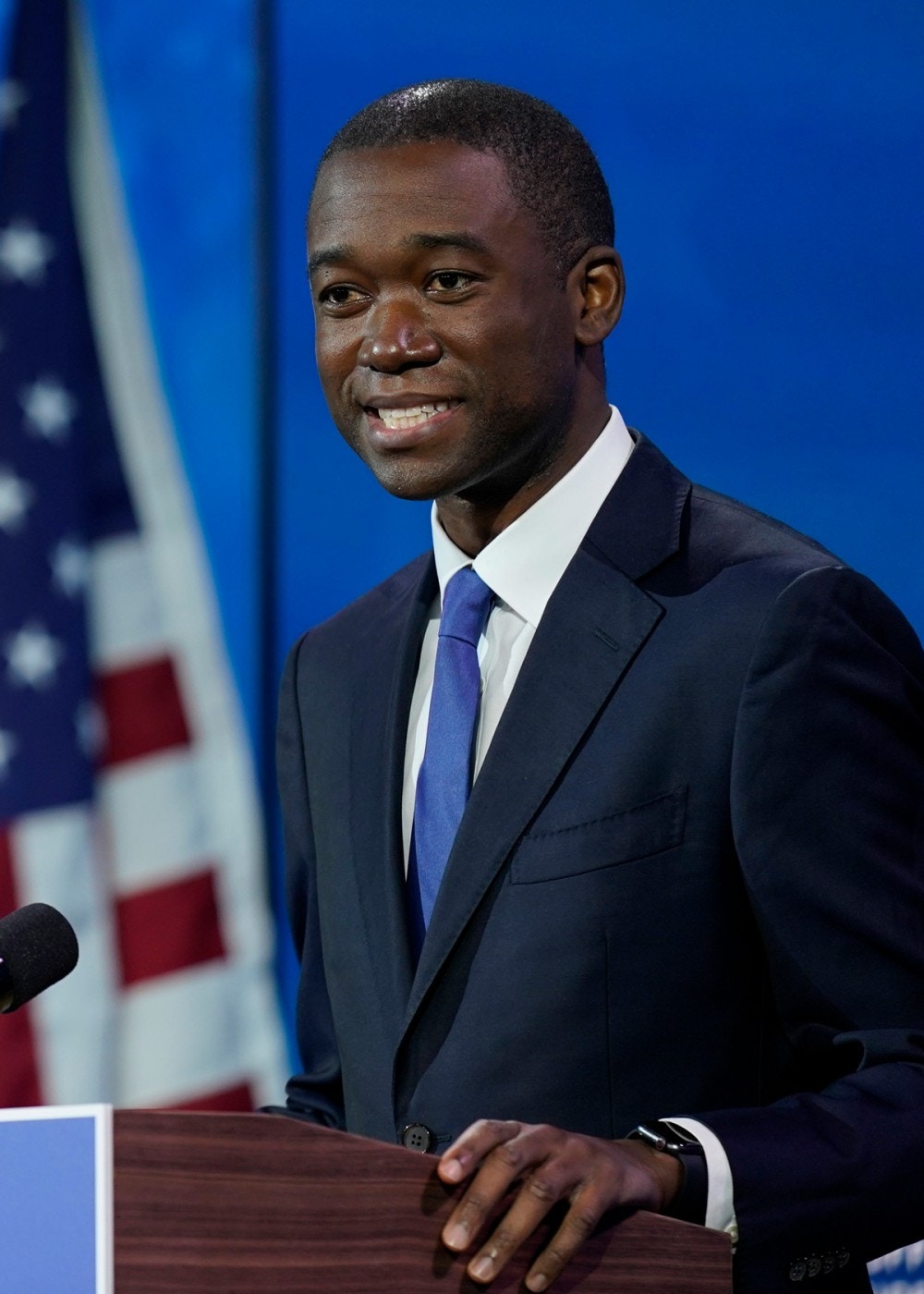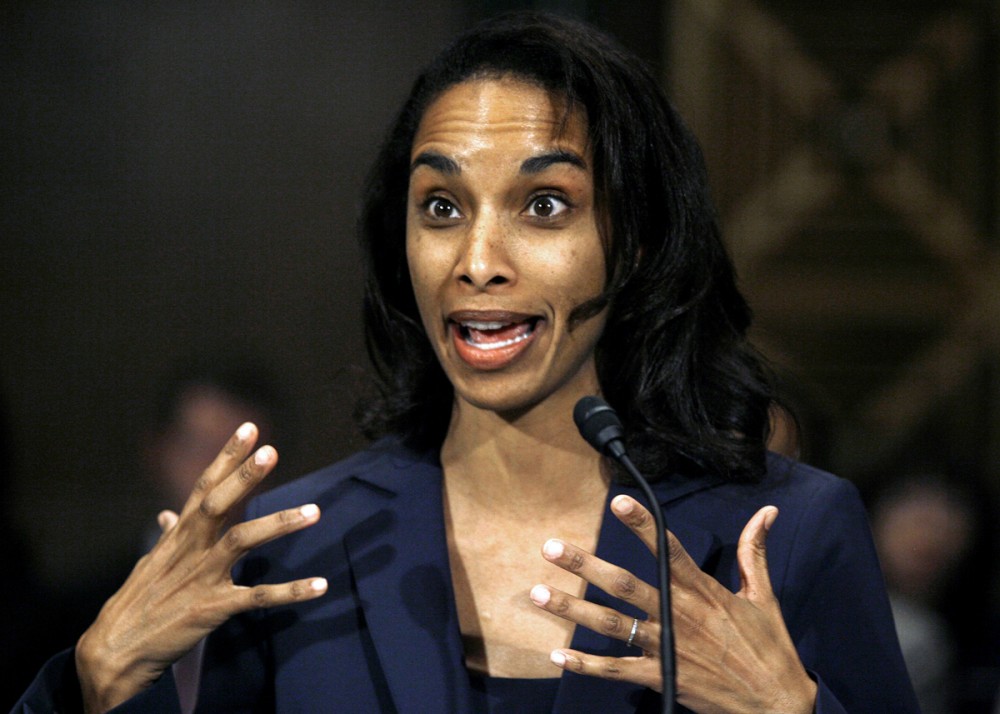Andrew Cuomo has survived more serious scandals than any other sitting governor in the country. He shut down the Moreland Commission — set up to investigate corruption by politicians — when it started getting too close to home. His top aide was convicted as part of a sweeping corruption probe. And he’s come out of them largely unscathed.
Yet this time is different for the New York governor. At a news conference on Friday afternoon, a defiant Cuomo rejected the weekslong drumbeat of sexual harassment and misconduct allegations. But all around him, New York politicians at both the state and federal level are demanding his resignation, with proceedings launched in the state Assembly that could lead to impeachment.
And it’s different because the interlocking system of protection Cuomo had long constructed around himself has been washed away by twin, reinforcing political currents: resistance liberals and democratic socialists. One explanation for Cuomo’s vulnerability has been the removal of Donald Trump from the public scene, finally making space for news that didn’t revolve around him to break through. That’s fine as far as it goes, but it doesn’t explain why this time, unlike all his pre-Trump misdeeds, scandals are finally sticking to Cuomo.
Now that so many progressive members of the resistance are paying close attention to New York politics, said one state assembly member who asked not to be named in order to speak freely, the nature of the harassment allegations is playing a role. “It’s their political identity to hold people accountable on this issue,” the member said of the revived Democratic, anti-Trump voters.
Before Trump’s election, Cuomo had built a unique political system in New York in which power flowed upward to him. Republicans controlled the state Senate, significantly thanks to Cuomo, who helped create a renegade band of Democrats known as the Independent Democratic Conference. The IDC allied itself in the state Capitol in Albany with Republicans, while Cuomo fended off insurgent Democrats’ efforts to unseat Republican senators and reclaim the chamber. The GOP’s control of the upper chamber marginalized the progressive wing of the Democratic Party, creating an obstacle that could be cited for the failure to enact the party’s agenda.
The state Assembly, meanwhile, was run by Speaker Carl Heastie, a Cuomo ally. Cuomo, Heastie, and the GOP Senate leader were known as the “three men in a room” who made all the decisions that mattered. And of those three, Cuomo was by far the most powerful, particularly through the control over the budget New York law gives the governor. Cinching his total control was his reputation for ruthless revenge against anybody who tested his power. Because challenging Cuomo had such a small chance of success and such a high cost, few tried.
Over the years, challenging Cuomo was left to the Working Families Party, which began electing progressives throughout the state. But their alliance with organized labor, and Cuomo’s control of the same, kept them inside the fold, relatively speaking, even as they gave rise to a generation of operatives and politicians who positioned themselves considerably to Cuomo’s left.
The election of Trump in 2016 stunned Democratic voters across the country out of their stupor, and, when they came to, they looked upon the scene in New York and were appalled at what was before them. Thousands of voters researched their elected officials and learned to their surprise that the Democrat they had voted for was in fact openly aligned with Republicans. With Trump in the White House, that could no longer stand.
The WFP, which ran a multi-year campaign against the IDC, backed Cynthia Nixon in a 2018 primary challenge to Cuomo, and Cuomo repaid them by forcing organized labor to pull its support from the party and subsequently trying to destroy it legislatively. Nixon made the IDC a centerpiece of her campaign, and the newly energized Democrats fielded primary challengers to its members. In a feat that would have been inconceivable in the previous cycle, progressive Democrats smashed the IDC out of existence and reclaimed the Senate, giving Democrats unified control and stripping Cuomo of excuses. That made Andrea Stewart-Cousins the Democratic Senate leader, taking power after Cuomo spent years thwarting her rise.
The new legislature enacted a sweeping set of progressive reforms and Cuomo signed them, even while his spokesperson lambasted Assembly Member Yuh-Line Niou and State Senators Alessandra Biaggi and Jessica Ramos as “fucking idiots.”
That same cycle, Alexandria Ocasio-Cortez ousted the head of the Queens machine, Rep. Joe Crowley. Julia Salazar defeated a longtime state senator in Brooklyn, foreshadowing the 2020 cycle, when the New York City chapter of the Democratic Socialists of America smashed their way through Cuomo’s allies, winning nearly every Assembly and Senate seat they contested.
“Each one of us who ran primaries against Democrats made it clear that our fealty was not to party registration but to principle and that means that we are always ready and willing to hold people in power accountable, regardless of whether they’re a Democrat or Republican,” said Assembly Member Zohran Kwame Mamdani, recalling that Cuomo spokesperson Rich Azzopardi had called the DSA anti-austerity platform “garbage” that nobody would fall for during the campaign. Azzopardi is the same spokesperson who attacked Niou, Biaggi, and Ramos.
“Before 2018, state politics took place out of the public eye, with repeated scandals and ongoing absurdities like Cuomo’s support for the IDC going unchecked and unchallenged by the legislature and media,” said Assembly Member Phara Souffrant Forrest. “By organizing, the left is shining a light on Albany, and it is no longer possible to ignore the toxicity that exists within it.”
Asked why the scandals were playing differently for Cuomo this time, Niou put it simply. “We are different,” she said. “There are more women in Albany now. More people of color. We are a different body. We don’t play by their rules.”
In the Bronx and Westchester, Jamaal Bowman took on 16-term incumbent Rep. Eliot Engel. Heastie, the Assembly speaker, had long said he was unconcerned about threats from his left, arguing that voters in his district in the Bronx were moderate and appreciated his approach and his work with Cuomo. He watched on primary day as Bowman crushed Engel in a landslide. More importantly for the politics of the state Assembly, Heastie’s assembly district was inside Engel’s congressional district, and Bowman beat Engel handily on Heastie’s own territory. (An assembly member who asked not to be named said that Heastie seems to have been unmoved by Bowman’s win in his backyard: “It makes sense [that Heastie would feel political pressure], but I don’t think it’s what he’s felt. He hasn’t displayed any change since then.”)
“It is no coincidence that WFP champions are now leading the call in Albany for the Governor to resign,” said New York Working Families Party State Director Sochie Nnaemeka in a statement, “from the IDC challengers who unseated Cuomo’s long-time allies, to a new generation of Congressional leaders including Mondaire Jones and Jamaal Bowman, to our growing coalition of progressive State Senate and Assembly insurgents.”
The new lawmakers owed nothing to Cuomo and also created space for progressives in the legislature who’d been uncomfortable with Cuomo to start speaking out. Niou had served as Assembly Member Ron Kim’s chief of staff, and Kim, with progressive support, survived a primary challenge from the right by a local police officer. Empowered and emboldened, he became a leading critic of Cuomo’s handling of the pandemic. “After Cuomo goes down for sexual harassment, I’ll still be here to hold him accountable for 15,000 deaths,” Kim posted on Friday.
“It’s a combination of many things,” Kim told The Intercept. “New progressives winning elections, young women elected officials pushing back, and people finally seeing the impact of his abuse of power.”
Kim said that the newly elected members of the legislature gave him confidence in his fight with Cuomo, but he also drew strength from “the hundreds of families who lost loved ones in nursing homes, families who I had direct interaction [with] over the last ten months.”
The post Primaries Matter: Why This Time Is Different for Andrew Cuomo appeared first on The Intercept.
This post was originally published on The Intercept.







